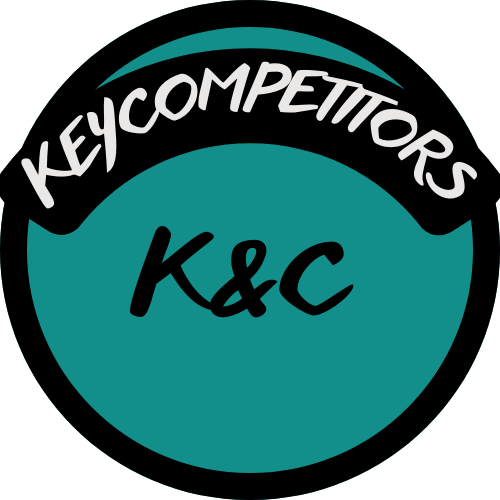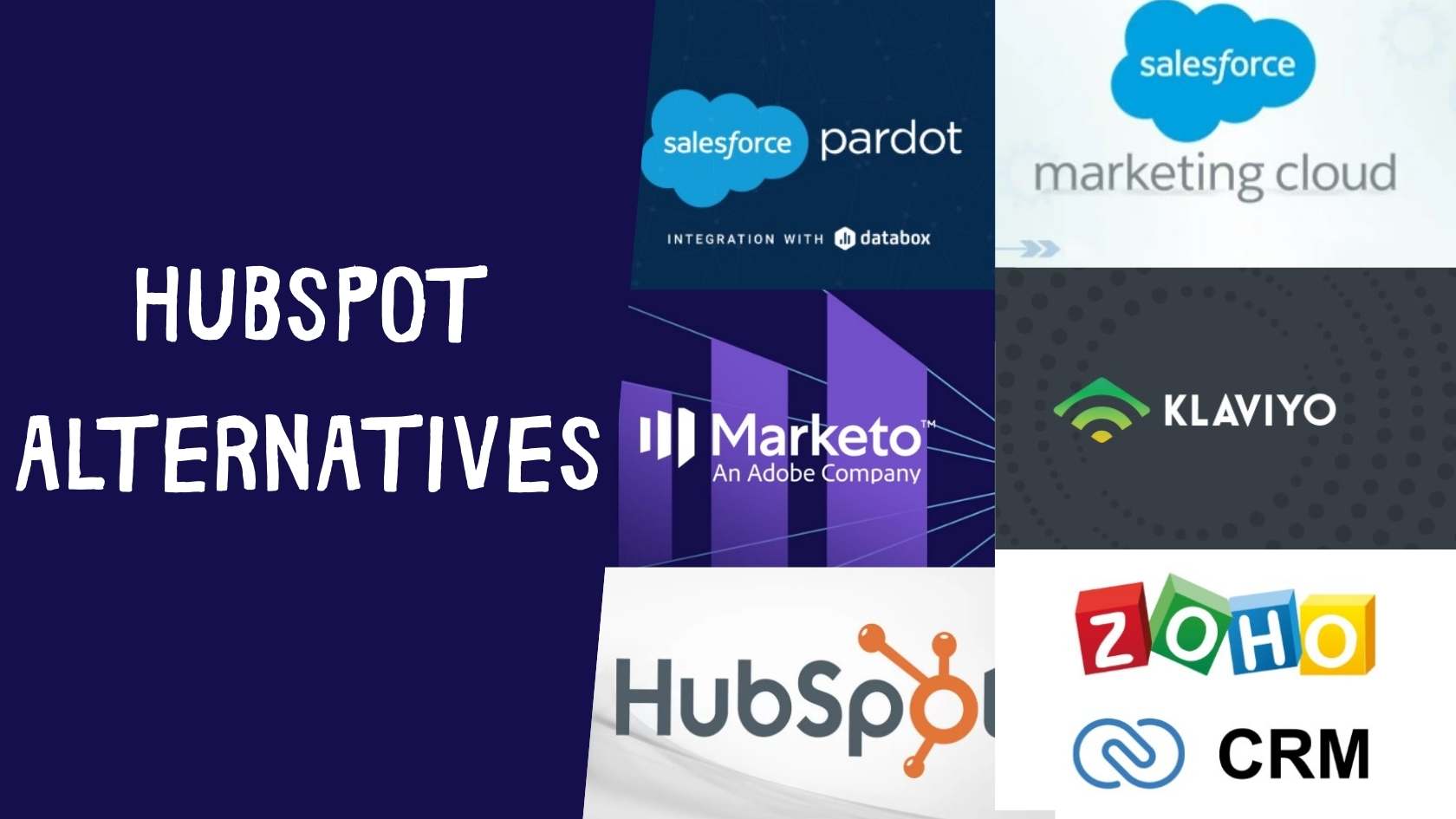Introduction
This comprehensive analysis of HubSpot alternatives explores the competitive landscape of marketing automation and CRM platforms, where HubSpot has established itself as a dominant player. HubSpot competitors span a wide range of all-in-one marketing platforms, CRM systems with marketing automation features, and specialized tools that focus on specific aspects of marketing. Understanding the strengths and weaknesses of these HubSpot alternatives is crucial for businesses aiming to build the right marketing technology stack tailored to their goals.
The Marketing Automation Evolution
HubSpot has achieved prominence with its suite of tools for marketing, sales, and service, all built around the principles of inbound marketing. However, the marketing technology (MarTech) industry is vast and ever-evolving, with numerous platforms offering diverse features and functionalities. The rise of artificial intelligence (AI), increased demand for personalization, and the need for seamless integrations have shaped the competitive dynamics of this space.
Key HubSpot Alternatives
Let’s delve deeper into some of the most prominent alternatives to HubSpot, highlighting their features, strengths, and weaknesses:
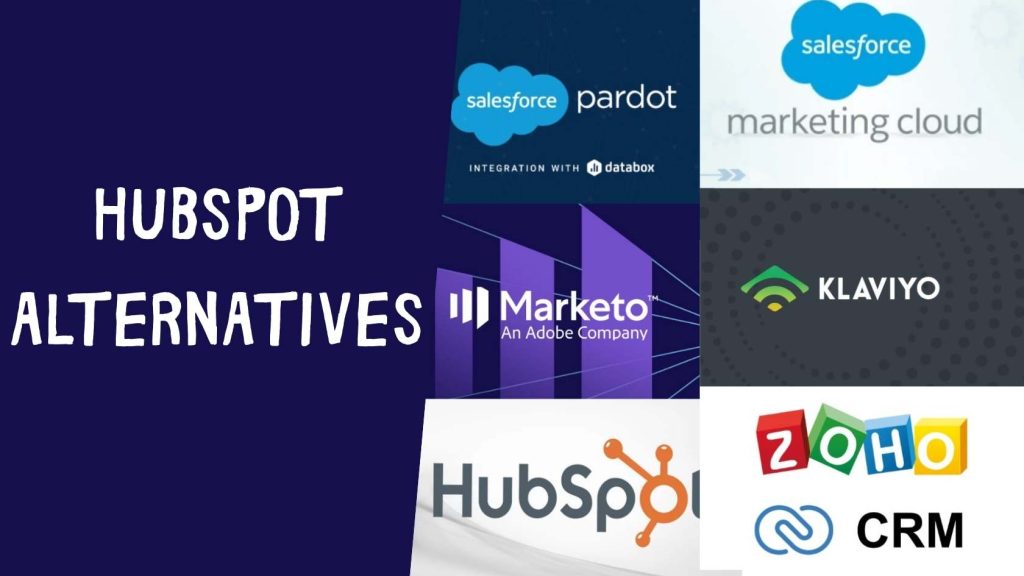
| Feature | HubSpot | Marketo (Adobe) | Salesforce Marketing Cloud | Pardot (Salesforce) | Mailchimp | Zoho CRM | ActiveCampaign | Klaviyo |
| Founded | 2006 | 1999 | 2000 | 2004 | 2001 | 1996 | 2003 | 2012 |
| Parent Company | Independent | Adobe | Salesforce | Salesforce | Intuit | Zoho Corp | Independent | Independent |
| Target Audience | SMBs, growing businesses | Midsize to enterprise companies | Large enterprises, complex automation needs | B2B marketers with Salesforce integration | Small businesses, freelancers, e-commerce | Small to midsize businesses | SMBs, marketers seeking advanced automation | E-commerce businesses |
| Key Features | Marketing Automation, CRM, CMS, Service Hub, Sales Hub | Advanced automation, ABM, lead management | Email Marketing, Social Media Marketing, Advertising, Journeys | Lead nurturing, Salesforce integration | Email Marketing, Basic Automation, Website Builder | CRM, sales & marketing automation | Email automation, CRM, segmentation | Email Marketing, SMS, E-commerce |
| Focus | Inbound marketing, ease of use | Enterprise marketing automation | Enterprise customization | B2B automation | Simplicity, email marketing | Affordability, integration | Advanced automation, segmentation | E-commerce growth |
Market Share Overview
The approximate market share of key HubSpot competitors is as follows:
- Salesforce Marketing Cloud: 25% (dominant in the enterprise space)
- HubSpot: 15% (strong presence among SMBs and growing companies)
- Marketo (Adobe): 12% (popular in enterprise marketing automation)
- Mailchimp: 10% (widely used for email marketing)
- Pardot (Salesforce): 8% (focused on B2B marketing automation)
- Zoho CRM: 7% (gaining traction due to affordability)
- ActiveCampaign: 6% (known for advanced automation and segmentation)
- Klaviyo: 4% (focused on e-commerce businesses)
Product Range
Each platform offers unique tools and features that cater to specific business needs:
- HubSpot: Marketing Hub, Sales Hub, Service Hub, CMS Hub, Operations Hub, CRM.
- Marketo (Adobe): Marketo Engage, Marketo Measure, Adobe Marketo Sales Insights, Adobe Experience Cloud Integration.
- Salesforce Marketing Cloud: Email Studio, Mobile Studio, Social Studio, Advertising Studio, Interaction Studio, Marketing Cloud Account Engagement (Pardot).
- Pardot (Salesforce): Prospect tracking, lead nurturing, email marketing, Salesforce integration.
- Mailchimp: Email Marketing, Basic Marketing Automation, Website Builder, CRM Functionality (light).
- Zoho CRM: Sales, marketing, and service automation, campaigns, and integrations.
- ActiveCampaign: Advanced email automation, CRM, lead scoring, segmentation.
- Klaviyo: Email marketing, SMS marketing, deep e-commerce integrations with Shopify and WooCommerce.
Strengths and Weaknesses Between Hubspot Alternatives
HubSpot
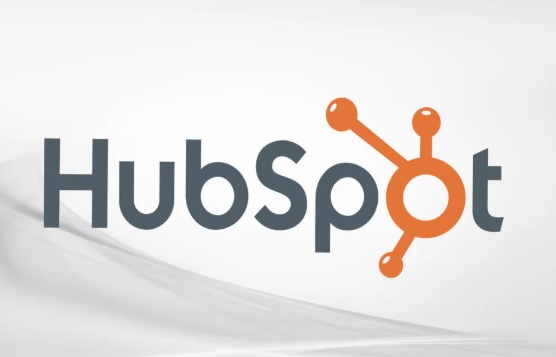
Strengths:
- Comprehensive marketing hub with integrated CRM.
- User-friendly interface and strong inbound marketing features.
- Free CRM option for small businesses.
Weaknesses:
- Higher costs for enterprise features.
- Limited native integrations compared to some competitors.
Marketo (Adobe)
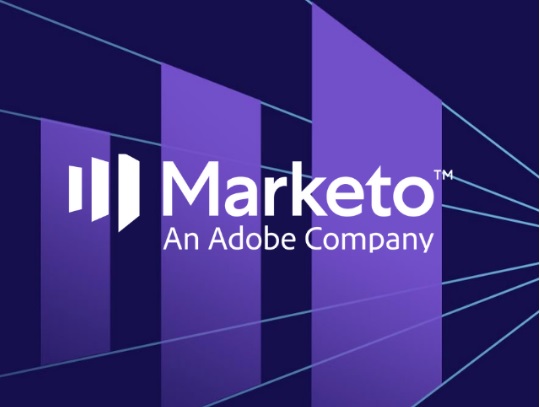
Strengths:
- Advanced automation capabilities and account-based marketing (ABM).
- Scalable for enterprise needs.
- Strong integration with Adobe Experience Cloud.
Weaknesses:
- Steep learning curve and complexity.
- High cost, especially for smaller teams.
Salesforce Marketing Cloud
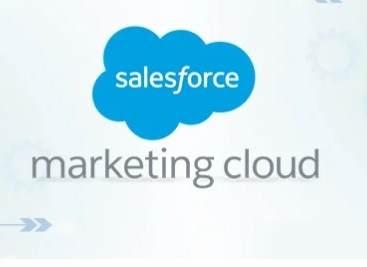
Strengths:
- Highly customizable and robust features.
- Seamless integration with Salesforce ecosystem.
- Ideal for complex marketing campaigns.
Weaknesses:
- Expensive and resource-intensive.
- Complexity may not suit smaller businesses.
Pardot (Salesforce)
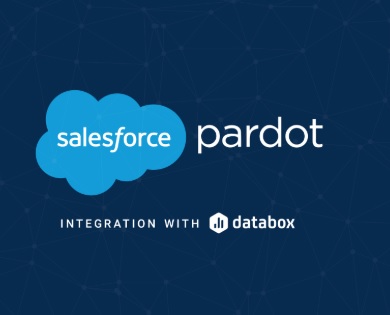
Strengths:
- Designed for B2B marketing.
- Strong lead nurturing capabilities.
- Tight integration with Salesforce Sales Cloud.
Weaknesses:
- Limited functionalities compared to the full Salesforce Marketing Cloud.
- Less flexibility than HubSpot.
Mailchimp
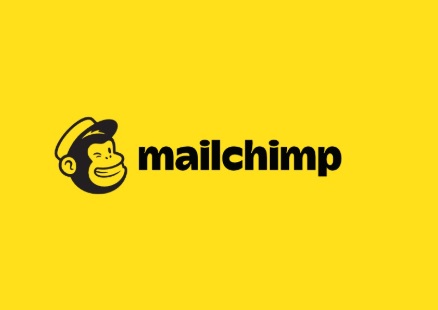
Strengths:
- Easy-to-use email marketing platform.
- Affordable and suitable for small businesses.
- Strong design tools for email campaigns.
Weaknesses:
- Basic automation features.
- Limited capabilities for complex campaigns.
Zoho CRM

Strengths:
- Affordable CRM with basic marketing features.
- Integration with the broader Zoho suite.
Weaknesses:
- Limited depth of features compared to specialized platforms.
ActiveCampaign

Strengths:
- Advanced automation and segmentation.
- Excellent for SMBs with complex automation needs.
Weaknesses:
- Lacks an all-in-one platform approach like HubSpot.
Klaviyo
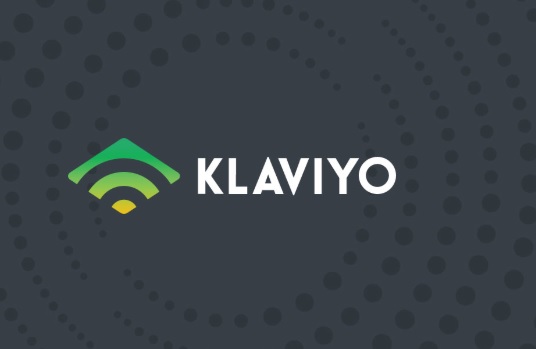
Strengths:
- Exceptional e-commerce integrations.
- Powerful email and SMS marketing tools.
Weaknesses:
- Limited appeal outside the e-commerce niche.
Consumer Preferences Between Hubspot Alternatives
- Ease of Use: HubSpot and Mailchimp are preferred by SMBs for their simplicity and user-friendly interfaces.
- Automation Complexity: Platforms like Marketo, Salesforce Marketing Cloud, and ActiveCampaign cater to businesses with more advanced needs.
- Pricing: Mailchimp and Zoho CRM are budget-friendly options for small businesses.
- E-commerce Focus: Klaviyo is an excellent choice for e-commerce businesses seeking robust integrations.
Additional Competitors to Consider
Here are some additional HubSpot alternatives worth exploring:
- Brevo (formerly Sendinblue): Offers email marketing, SMS campaigns, and marketing automation at an affordable price. It’s a great choice for SMBs.
- Keap (formerly Infusionsoft): Combines CRM, marketing automation, and e-commerce tools, making it ideal for small businesses.
- SharpSpring: Provides comprehensive marketing automation features and CRM tools at competitive pricing.
Conclusion
Choosing the right HubSpot alternative depends on your business needs, size, budget, and industry. Whether you’re looking for affordability, advanced automation, or e-commerce integrations, there are numerous options available to suit your requirements. By carefully evaluating the strengths and weaknesses of each platform, businesses can build a powerful marketing technology stack that drives growth and success.
FAQ About HubSpot Alternatives
Here are 10 detailed FAQs about HubSpot alternatives, along with comprehensive explanations to help businesses make informed decisions:
What is Hubspot
HubSpot is a popular customer relationship management (CRM) platform that helps businesses manage and streamline their marketing, sales, and customer service operations. It provides a suite of tools to help businesses attract, engage, and delight customers. HubSpot offers features for:
Marketing: Tools for email marketing, social media management, content creation, SEO, and lead generation. It helps businesses attract and nurture leads through targeted campaigns.
Sales: A suite of tools for managing leads, tracking customer interactions, automating sales processes, and improving sales pipelines.
Customer Service: HubSpot includes customer support features like ticketing systems, knowledge bases, live chat, and help desks to manage customer relationships and ensure satisfaction.
CRM: At its core, HubSpot is a CRM platform that centralizes all customer data, helping businesses keep track of customer interactions, purchase history, and more, making it easier to manage relationships and improve communication.
It’s often popular with small to medium-sized businesses, as it offers both free and paid versions, with the paid options offering more advanced features and integrations.
What are the best HubSpot alternatives for small businesses?
Small businesses often prioritize ease of use, affordability, and basic automation features. Some of the best alternatives include:
- Mailchimp: Known for its simplicity and affordability, Mailchimp is excellent for email marketing and basic automation needs. It also offers a free tier for businesses with limited budgets.
- Zoho CRM: Provides affordable CRM and marketing automation tools, making it a great choice for small businesses that need basic functionality without breaking the bank.
- ActiveCampaign: Offers advanced automation features at a reasonable price, making it ideal for small businesses with slightly more complex needs.
Which HubSpot alternative is best for enterprise-level marketing automation?
Enterprises often require platforms with scalability, advanced automation, and robust integrations. The best options include:
- Salesforce Marketing Cloud: A highly customizable platform that integrates seamlessly with the Salesforce ecosystem and supports complex marketing campaigns.
- Marketo (Adobe): Offers advanced account-based marketing (ABM) capabilities, making it ideal for enterprise-level automation.
- Pardot (Salesforce): A specialized B2B marketing automation tool that integrates deeply with Salesforce Sales Cloud for lead nurturing and automation workflows.
Are there free alternatives to HubSpot?
Yes, several platforms offer free tiers or affordable plans for small businesses or startups:
- HubSpot Free CRM: HubSpot itself offers a free CRM with basic marketing automation features.
- Mailchimp Free Plan: Allows small businesses to manage email campaigns and basic automation for free.
- Zoho CRM Free Edition: Provides essential CRM features for up to three users.
These free options are great for businesses just starting out or those with limited resources.
How does HubSpot compare to Mailchimp?
HubSpot and Mailchimp cater to different needs:
- HubSpot: Offers a full marketing hub integrated with CRM, making it suitable for businesses looking for an all-in-one platform. It’s ideal for inbound marketing and lead management.
- Mailchimp: Focuses primarily on email marketing and basic automation. It’s simpler and more affordable but lacks the depth of features HubSpot provides, such as advanced CRM or sales tools.
What is the best HubSpot alternative for e-commerce businesses?
E-commerce businesses require platforms that integrate seamlessly with online stores and provide targeted marketing tools. The top alternatives include:
- Klaviyo: Specializes in email marketing and SMS campaigns for e-commerce. It integrates deeply with Shopify, WooCommerce, and other e-commerce platforms.
- Mailchimp: Offers basic e-commerce integrations and audience segmentation tools.
- ActiveCampaign: Provides advanced automation and segmentation features that help e-commerce businesses target customers effectively.
Which HubSpot alternative offers the best account-based marketing (ABM) features?
Account-based marketing is essential for B2B companies targeting specific accounts. The best alternatives include:
- Marketo (Adobe): Known for its robust ABM capabilities, Marketo allows businesses to target specific accounts with personalized campaigns.
- Salesforce Marketing Cloud: Supports ABM strategies with its advanced customization and integration features.
- Pardot (Salesforce): Designed for B2B marketing, Pardot excels in lead nurturing and ABM workflows.
What are the most affordable HubSpot alternatives?
For businesses with limited budgets, affordability is key. The most affordable alternatives include:
- Zoho CRM: Offers a low-cost CRM solution with basic marketing automation features.
- Mailchimp: Provides affordable plans for email marketing and automation, starting with a free tier.
- ActiveCampaign: Combines affordability with advanced automation, making it a cost-effective option for SMBs.
Which HubSpot alternative is best for advanced automation workflows?
Advanced automation workflows are essential for businesses with complex needs. The best options include:
- ActiveCampaign: Known for its powerful automation builder, ActiveCampaign allows businesses to create highly customized workflows.
- Marketo (Adobe): Provides enterprise-grade automation tools for lead management and ABM campaigns.
- Salesforce Marketing Cloud: Offers robust automation features that support complex multi-channel campaigns.
How does HubSpot compare to Salesforce Marketing Cloud?
HubSpot and Salesforce Marketing Cloud serve different audiences:
- HubSpot: Ideal for SMBs and growing businesses, HubSpot focuses on inbound marketing and ease of use. It offers an integrated platform with marketing, sales, and CRM tools.
- Salesforce Marketing Cloud: Designed for large enterprises, it provides highly customizable solutions for complex campaigns. However, it’s expensive and requires significant expertise to implement.
What factors should businesses consider when choosing a HubSpot alternative?
Businesses should evaluate:
- Budget: Determine how much you’re willing to spend on marketing automation tools. Affordable options like Mailchimp and Zoho CRM are great for small businesses, while enterprise platforms like Salesforce Marketing Cloud may suit larger companies.
- Business Size: SMBs may prefer user-friendly platforms like HubSpot or ActiveCampaign, whereas enterprises might need scalable solutions like Marketo or Salesforce.
- Features: Identify the features you need, such as CRM integration, e-commerce support, or ABM capabilities.
- Industry: E-commerce businesses may benefit from Klaviyo, while B2B companies might prefer Pardot or Marketo.
- Ease of Use: Platforms like HubSpot and Mailchimp are known for their simplicity, while Marketo and Salesforce Marketing Cloud may require a steep learning curve.
